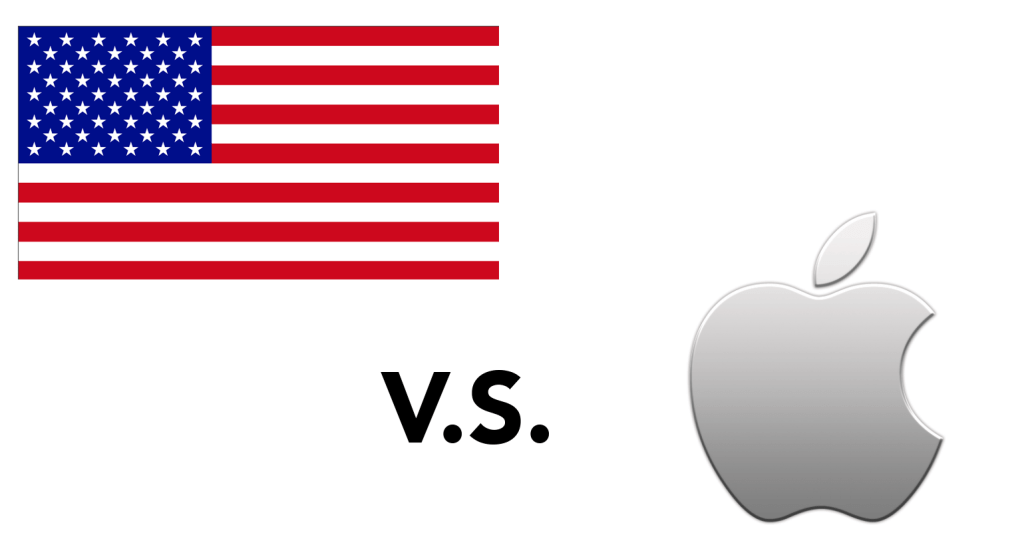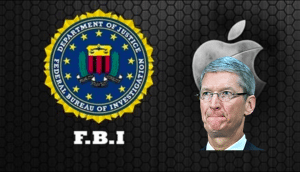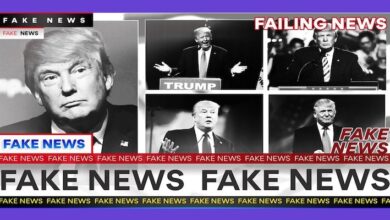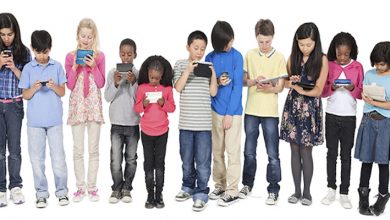
Apple Encryption Case A Game Changer

Technology –
Apple Encryption Case A Game Changer
In a fight that has the potential to be almost as epic as Ali vs. Frazier, the match between Apple and the United States government over the iPhone of a terrorist will shape our rights and our future for decades to come.
Technology
In case you’ve been living on the dark side of the moon, the FBI has been pressuring Apple to help hack into the encrypted iPhone of Syed Rizwan Farook, the man responsible for killing 14 and injuring 22 of his co-workers at a December holiday party in San Bernardino, California. However, Apple has resisted calls from the government to betray customer trust and hack their own encryption, in the interest of protecting consumer privacy.

It’s not that Apple is heartless and wants to undercut the government. Nor are they at all interested in protecting a deadly terrorist. No! Apple has stood its ground against handing the government a virtual back door “key” into a communication device because they realize this is not just about one iPhone.
If Apple were to help the FBI hack into one iPhone, it would set a precedent. That lone act would then open the flood gates for the government to come to Apple for a peek into thousands, if not millions of other iPhones — perhaps even yours. Soon after, it would become common practice for the government to have access to all of our personal data on all of our communication devices, meaning privacy would be dead.
For years, the FBI has argued that it faces a “going dark” problem. It has long since realized that its investigations of everything from child pornographers to terrorists are hindered by Internet communication that is so well encrypted, even the U.S. government can’t break in. So, the FBI wants a “backdoor” into the encrypted communications platforms engineered by American tech companies — except tech companies are rejecting this demand on the basis that such a backdoor would completely defeat the purpose of encrypted communications. After all, if a backdoor were to exist, not only could the FBI use it, but others could too.
 In a rather convincing analogy, Apple argued that when you build a fence around your house to keep out intruders, you don’t leave a big hole in the fence for the easy access of police just in case a crime were to take place inside the house. No one would ever do that, because others could also exploit that big hole. However, a federal judge rejected the argument and ordered Apple to comply. So far, they haven’t and are using every legal tool available to them to set up what may soon become one of the greatest commercial battles of a generation.
In a rather convincing analogy, Apple argued that when you build a fence around your house to keep out intruders, you don’t leave a big hole in the fence for the easy access of police just in case a crime were to take place inside the house. No one would ever do that, because others could also exploit that big hole. However, a federal judge rejected the argument and ordered Apple to comply. So far, they haven’t and are using every legal tool available to them to set up what may soon become one of the greatest commercial battles of a generation.
Technology
Google and Facebook have both backed Apple’s resistance, in a case that could end up going all the way to the Supreme Court. It could also force Congress to take a side and pass legislation on the matter.
“The government suggests this tool could only be used once, on one phone. But that’s simply not true,’’ Apple CEO Tim Cook wrote last week in a letter to customers. “Once created, the technique could be used over and over again, on any number of devices…The government is asking Apple to hack our own users and undermine decades of security advancements.”
He continued more of his statement:
“We were shocked and outraged by the deadly act of terrorism in San Bernardino last December. We mourn the loss of life and want justice for all those whose lives were affected. The FBI asked us for help in the days following the attack, and we have worked hard to support the government’s efforts to solve this horrible crime. We have no sympathy for terrorists.
The implications of the government’s demands are chilling. If the government can use the All Writs Act to make it easier to unlock your iPhone, it would have the power to reach into anyone’s device to capture their data. The government could extend this breach of privacy and demand that Apple build surveillance software to intercept your messages, access your health records or financial data, track your location, or even access your phone’s microphone or camera without your knowledge.
Opposing this order is not something we take lightly. We feel we must speak up in the face of what we see as an overreach by the U.S. government.
We are challenging the FBI’s demands with the deepest respect for American democracy and a love of our country. We believe it would be in the best interest of everyone to step back and consider the implications.
While we believe the FBI’s intentions are good, it would be wrong for the government to force us to build a backdoor into our products. And ultimately, we fear that this demand would undermine the very freedoms and liberty our government is meant to protect.”
If anyone wanted further proof of the dangers of a “government backdoor hack” into our private data, the Wall Street Journal explained that the U.S. Department of Justice has already sought court orders with plans to hack into at least 12 other iPhones.
Where would it end? Would it ever end?







Great topic DJ. You've laid out the complexities of this case exactly.
Since this story broke I have wrestled with whether I'm with Apple or with the FBI on this. And the truth is I'm still not sure where i stand(?)
One of my primary concerns is the significant likelihood all kinds of Unintended consequences could result from this IF Apple complies with providing the government with "a virtual back door *key* into their communication device."
I mean..let's be real. Once that genie is out the bottle there ain't no putting it back in. When that capability find its way into the public sphere..and it most certainly WILL find its way into the public sphere…cell-phone users all over the world should NEVER again have an expectation of "privacy." End of story.
However, I also recognize the tremendous challenges the FBI and other law enforcement agencies face every day. On the one had, advances in modern information and communications technologies are incredible tools used to effectively in tackling issues vital to ensuring our National Security, as well as fighting other forms of major criminal activities. But…on other hand those same technologies can be a major impediment in that same regard.
WE (the American people) expect our goverment to do all they can to keep up safe. But how much of Our freedom/ Our privacy are WE willing to give up to help them achieve that?
I suggest We tread lightly on this.
Right now I'm leaning…just a little…in support of Apple because as I've stated above- once that genie is out the bottle there ain't no putting it back in.